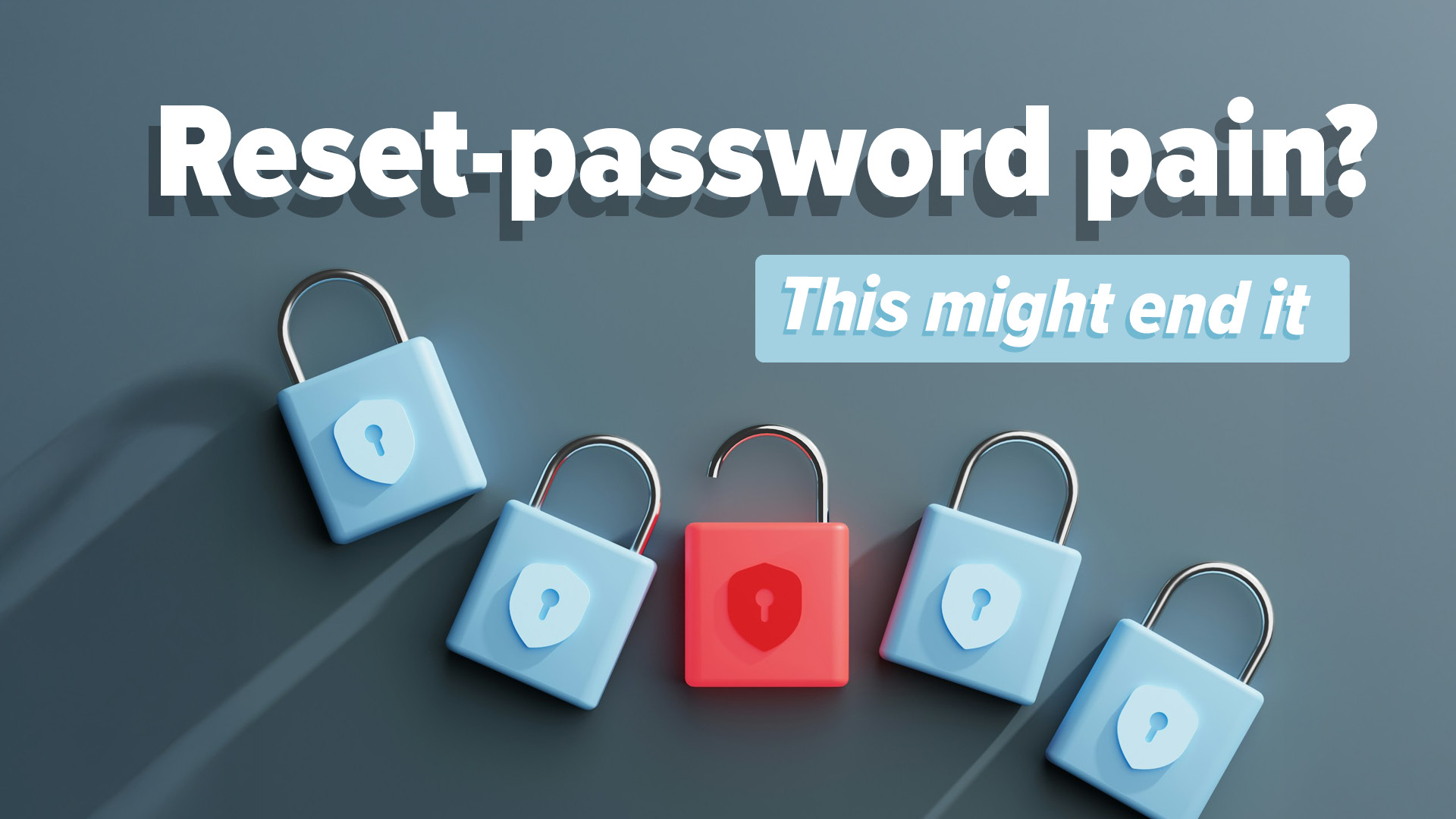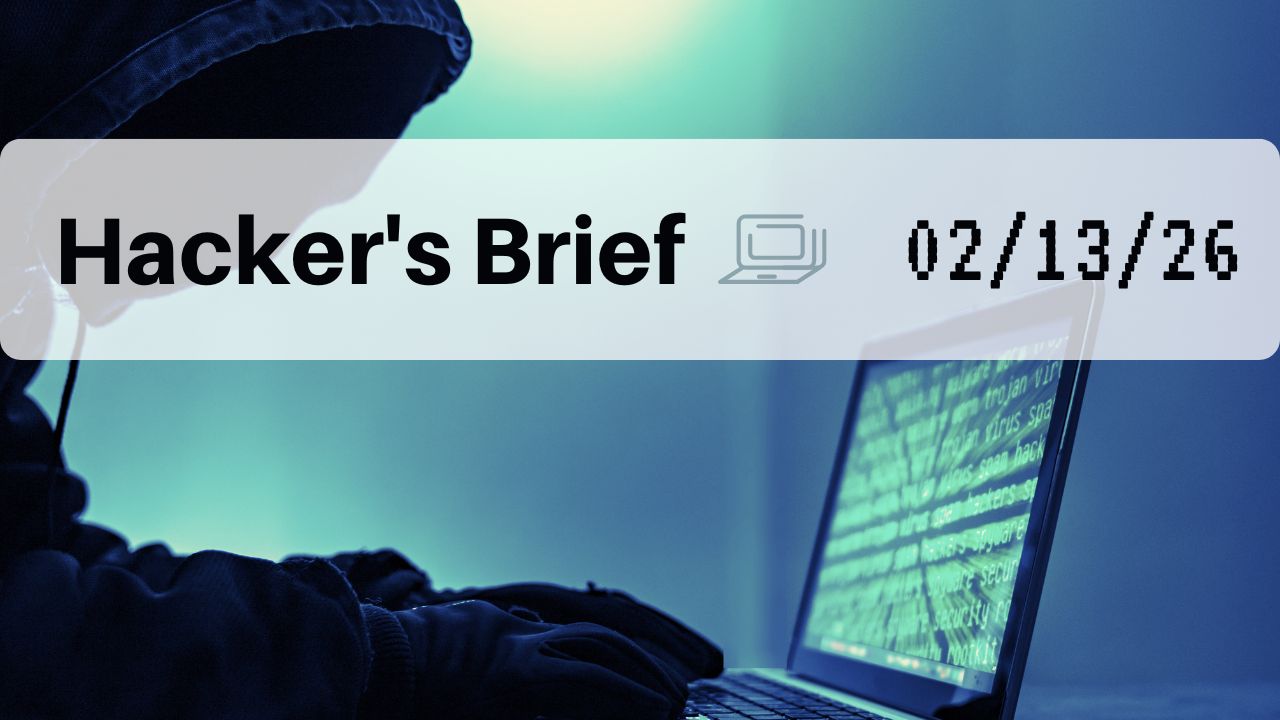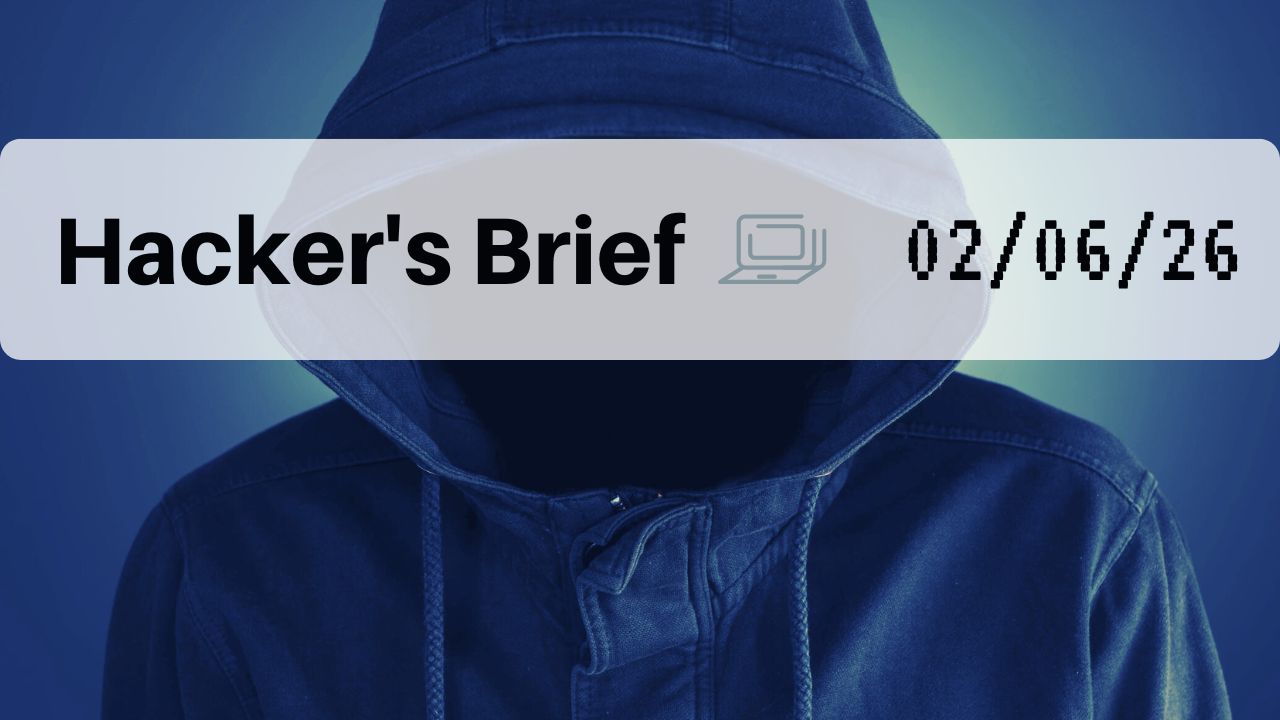
www.wyocan.org
www.cyberwyoming.org/alliance
307-314-2188, PO Box 2332, Laramie, WY 82073
Winner Winner:
A Nevada citizen has received multiple emails stating that he has won a prize/giveaway. Some of these emails are from the same “company” but sent by different suspicious emails each time. Even though these emails can have different phrasing such as “Bonus points winner,” “Claim your free…,” “You have won…,” or “Giveaway Winner,” they all have the same intention of getting you to click on their trap. CyberWyoming note: Don’t click on any suspicious emails no matter how enticing. Also, how can you be a winner if you never entered in the first place? It's a clear indication of a scam.
The Oil Tycoon:
A Laramie citizen received an email from a FedEx email address claiming to be “Dr. Santosh Kondekar the former CEO of the Libyan oil tool company.” The email’s subject was titled “Investment Venture” and was asking for advice on “any good and profitable investment project around your location.” He claimed to be willing to invest “$450 millions” and gave an alternative Gmail address. CyberWyoming note: Remember, scrutinize emails for grammar errors, be cautious of extravagant promises, and always verify sender information to protect against scams. Stay vigilant and report any suspicious emails promptly. Stay safe online!
Holiday Cyber Safety:
With holiday shopping comes the need for cyber safety. Experts are emphasizing the importance of safeguarding every dollar from scammers and hackers. Tips for a merry shopping experience include monitoring bank statements for suspicious activity, researching item prices to avoid fraudulent deals, and steering clear of public Wi-Fi for online shopping or banking.
Enhance cybersecurity by adopting these four core behaviors:
- Use a unique, complex password that is at least 12 characters long – and use a password manager!
- Use multifactor authentication (MFA).
- Turn on automatic software updates or install updates as soon as they are available.
- Know how to identify phishing attempts, and report phishing messages to your email program, work, or other authorities.
Beware of Grinch Bots that exploit resale markets and be cautious about oversharing personal information when making purchases online. Stay vigilant and prioritize security while enjoying the holiday shopping season! – Brought to you by: The National Cybersecurity Alliance Learn more at: staysafeonline.org
FTC Holiday Advice:
When conversations turn to holiday tales and catch-ups with loved ones, consider sharing valuable tips to shield them from scams. Take a cue from the FTC's Pass it On campaign and impart these insights: warn relatives about scammers posing as "Social Security" officials making unsolicited calls and encourage the use of call-blocking options. When discussing online activities, emphasize the importance of safeguarding personal information, advocating for strong passwords, and utilizing free credit reports for identity protection. Additionally, caution friends against work-from-home schemes that demand upfront payments, often disguising scams that yield little to no legitimate business opportunities. – Brought to you by the Federal Trade Commission (FTC)
Cryptocurrency Vigilance Warning from BitDefender:
How can internet users learn how to spot compromised or suspicious accounts?
- Be wary of videos with misleading titles that try to persuade you to invest in cryptocurrency with promises of high profits. If it seems too good to be true, it probably is! Don't rush to click on any links mentioned in the video description.
- Avoid scanning QR codes shown in videos that claim to offer free cryptocurrency giveaways. These can be a way for scammers to trick you.
- Examine the YouTube channel or platform closely for any suspicious signs, such as missing or hidden videos. If something does not seem right, be extra cautious.
- Pay attention to the comments section of videos or livestreams. If the comments are disabled, it could be a red flag indicating a compromised account or fraudulent activity.
- Use a security solution with anti-phishing technology that detects and blocks phishing attempts before they can damage your finances and identity.
CyberWyoming note: Cryptocurrency scams are in the top 5 scams nationwide according to the Better Business Bureau Scam Tracker Report. In 2022, Wyomingites reported $1.6 million in losses to cryptocurrency scams, according to the FBI’s ic3.gov reports.
MS-ISAC and CISA Patch Now Alert:
The Multi-State Information Sharing and Analysis Center (MS-ISAC) or the Cybersecurity & Infrastructure Security Agency (CISA) has published a patch now (update your software) alert for Fortinet FortiSIEM, Google Chrome, Adobe products, and Microsoft products. If you use these products, make sure the software (or firmware) is updated.
Data Breaches in the News:
MeridianLink, PJ&A's, Plume, Toyota, MOVEit, Yamaha Motor, WellLife Network, and Stanley Steemer.
Note: If you have an account with one of these companies, be sure to change your password and consider placing a credit freeze on your accounts through the three credit reporting agencies: TransUnion, Experian, and Equifax.
Please report scams you may experience to phishing@cyberwyoming.org to alert your friends and neighbors.
Other ways to report a scam:
- Better Business Bureau Scam Tracker: bbb.org/scamtracker/us/reportscam
- Wyoming Attorney General’s Office, Consumer Protection 307-777-6397, 800-438-5799 or ag.consumer@wyo.gov
- File a complaint with the Federal Trade Commission at reportfraud.ftc.gov
- Report your scam to the FBI at www.ic3.gov/complaint
- Reported unwanted calls to the Federal Trade Commission’s Do Not Call Registration. Online at donotcall.gov/report.html or call 1-888-382-1222, option 3
- Office of the Inspector General: oig.ssa.gov
- AARP Fraud Watch Network (any age welcome) Helpline 877-908-3360
- IRS: report email scams impersonating the IRS to phishing@irs.gov
- Call the Wyoming Senior Medicare Patrol (SMP) for assistance with potential Medicare fraud, abuse, or errors at 1 800 856-4398
- Victim Support: The AARP Fraud Watch Network and Volunteers of America (VOA) created a new, free program to provide emotional support for people impacted by a scam or fraud, called ReST. Visit www.aarp.org/fraudsupport to learn more about the free program and register








.jpg)